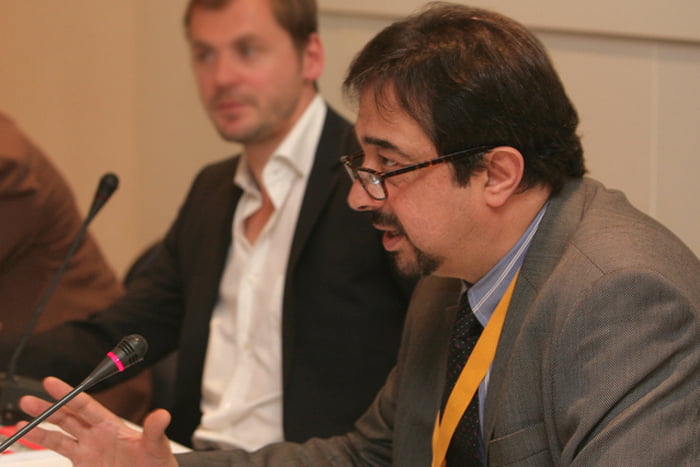How Erdoğan painted himself into a corner

Date posted: January 16, 2014
SEMİH İDİZ
Prime Minister Recep Tayyip Erdoğan is livid with Fetullah Gülen and his group. So much so that he is calling them “Assassins” now in the Islamic sense of the word. Suffice it to say it is extremely abusive to be called this if you are a devout Sunni. The situation between Erdoğan and Gülen has all the makings of a fight to the bitter end.
We will have to wait and see what this represents for the Justice and Development Party’s (AKP) political prospects. Gülen has millions of followers in Turkey, after all, and they must be extremely confused, as many supporters of Erdoğan must be, about this bitter war between Islamists.
Despite Erdoğan’s feelings about Gülen, it seems he is prepared now to climb down over the bill containing changes his government is proposing to ostensibly save the Supreme Council of Judges and Prosecutors (HSYK) from “secret forces” (read that as Gülenists) that have lodged themselves deep within the judiciary.
Erdoğan’s motives here are obvious. He wants to increase the government’s hold over the judiciary and prevent it from causing difficulties for him in the future, especially when it comes to corruption allegations. This is undemocratic, of course, and has also elicited reprimands from the EU.
The reason Erdoğan is prepared to climb down now, and to cooperate with the opposition in Parliament on changes to the structure of the HSYK is not because his democratic instincts have suddenly kicked in. The reason is that he has painted himself into a corner.
Leaks to the media, after President Abdullah Gül met with the leaders of the political parties in Parliament on Tuesday, show that the president is not happy about the AKP’s proposals either. Gül reportedly consulted his legal advisers and was told these contained elements that were unconstitutional. These reports have not been denied by the Presidency.
In other words, Gül would have been forced to either veto the bill or send it to the Constitutional Court when it came to him for endorsement. Needless to say it would be embarrassing for Erdoğan either way. Erdoğan must also be aware that Gül, who hails from the AKP which he is also a founding member of, would also have been placed in an impossible situation with this bill.
If Gül did not veto it, sending it the Constitutional Court instead, this would be construed as favoritism designed to buy time for the government. Gül would be harshly criticized later if the highest court came up with a verdict of unconstitutionality, as it most likely would have to given the circumstances.
Many would question why Gül did not automatically veto a bill that was blatantly unconstitutional. My personal hunch is that Gül – whose heart appears to be in the right place on this issue – would have had no choice but to veto the bill. Erdoğan saw all this and is climbing down now for this reason.
Still, if he is prepared to withdraw the offending bill and cooperate with the opposition for constitutional amendments that would be in line with EU criteria, this will be the happiest outcome, increasing public confidence and respect for the judiciary also.
What will ultimately increase this confidence, however, is if the present corruption and scandal is not covered up and the true facts pertaining to this ugly episode are revealed in court, no matter how bad the outcome may be for the AKP. This is what is what the opposition is demanding, too.
Regardless of how the HSYK business ends up, it is in fact very unlikely that the current corruption investigation can be covered up. If it is covered up, then suspicions about government involvement will only increase. If it is not covered up, however, the outcome may be just as bad for Erdoğan.
Facing such a “lose-lose” prospect, the only option left to Erdoğan seems to be to work for a judiciary which is up to EU standards, and hope for the best. He might also regain some lost respect then for having done the right thing.
Source: Hurriyet Daily , January 16, 2014
Tags: Defamation of Hizmet | Democracy | Hizmet (Gulen) movement | Turkey |
























